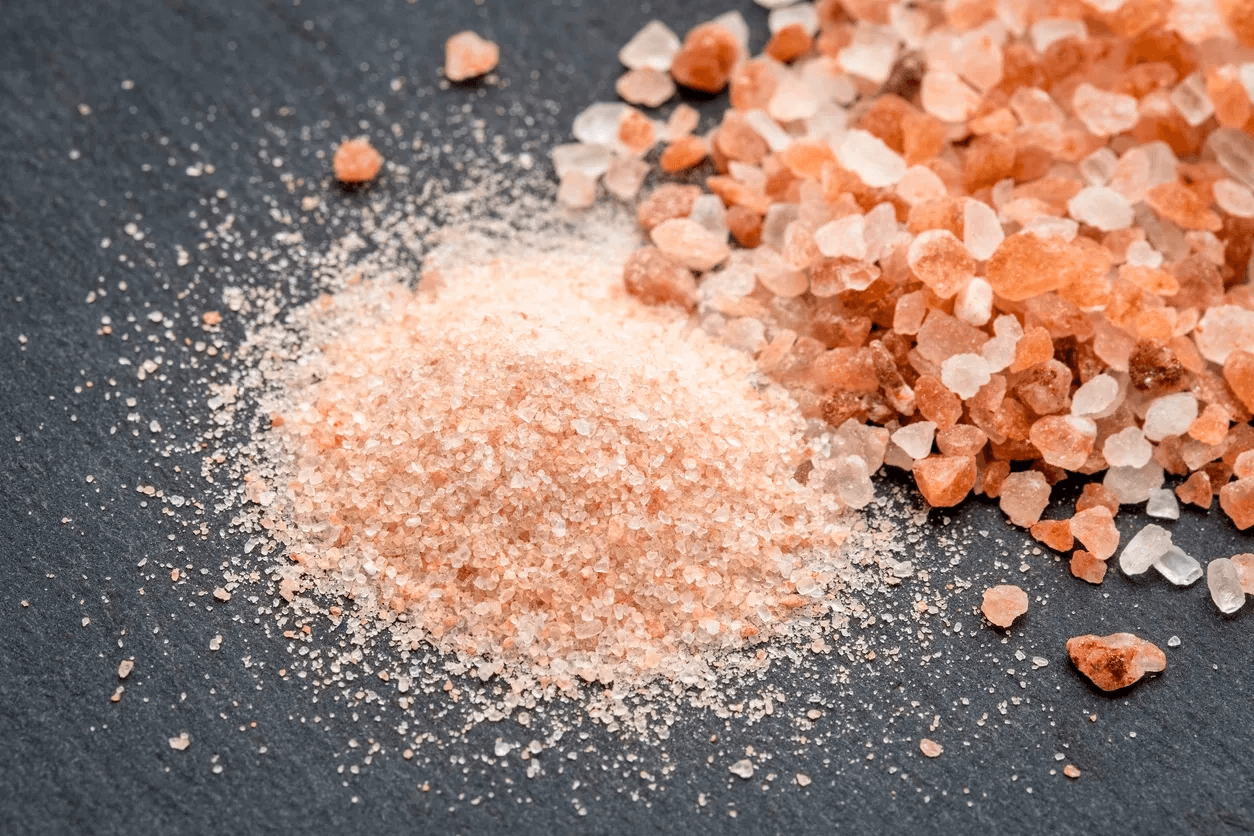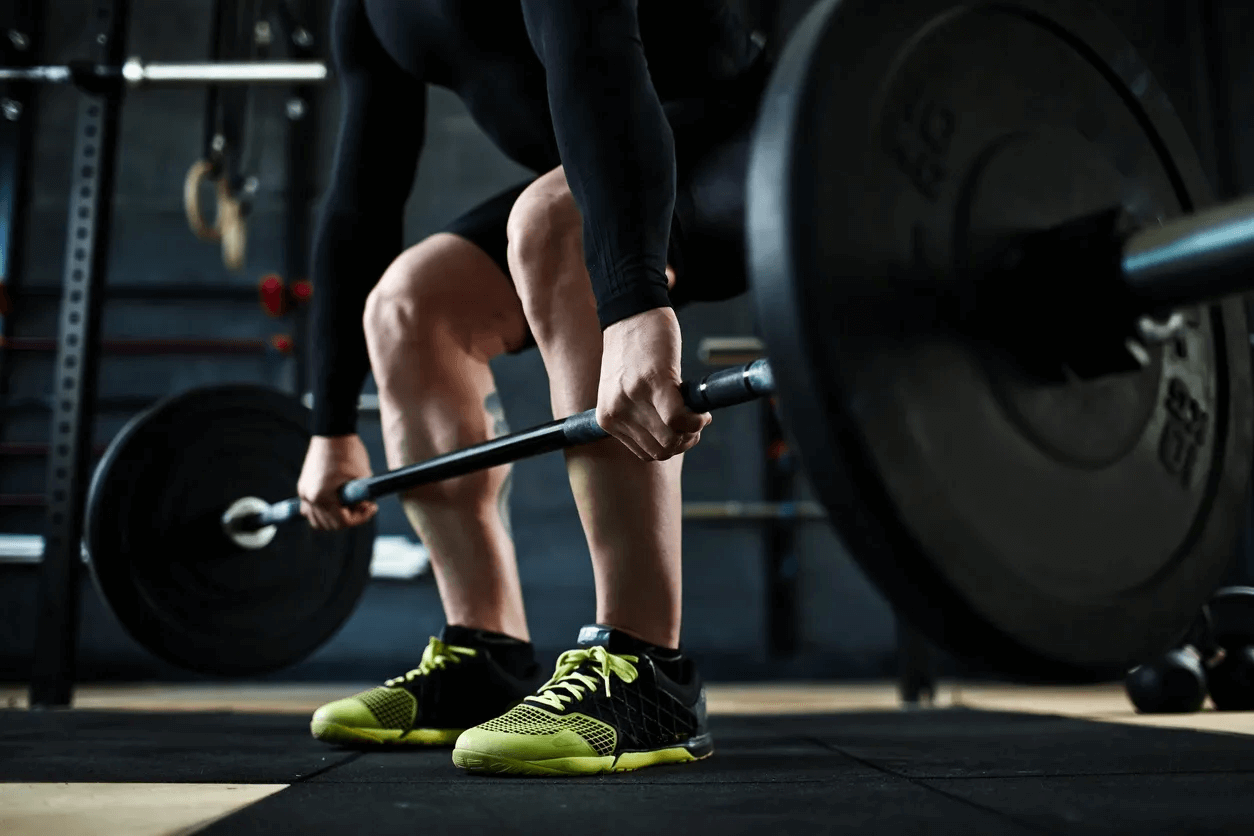
Sodium has often been demonized, and it has long been thought that the less sodium you could consume, the better. More recent research has helped to shed light on how much sodium we really need, and the many benefits that can be rendered from consuming adequate sodium each day. When I began to focus on my sodium intake, it was night and day. My energy levels increased, my workouts were better, and my strength began to take off.
Optimal sodium intake increases blood volume, which helps deliver more oxygen and nutrients to the cells; which aids in repairing and removing waste from the cells. Sodium increases stamina and endurance and it allows athletes to hold more water in the muscles, which increases strength and explosiveness, and helps improve the integrity of the joints. When you hit a wall in the first 20 or 30 minutes of your workout, that is most likely caused by a lack of sodium, not carbs.

Three of the largest studies done on sodium intake all showed that an increase in salt results in a decrease in cardiovascular disease and all cause mortality. The highest rates of all cause mortality were actually found in the groups that restricted sodium intake. It should be noted that there are a small amount of people that are salt sensitive, just like people that are lactose intolerant, or have peanut allergies, etc., but it is extremely uncommon. The research suggests that only a small percentage of people will have adverse effects from increasing sodium intake, while the majority will greatly improve their health, and will see the performance benefits that I�ve mentioned.
During the beginning phases of increased sodium intake, you will retain some water but your body will acclimate to the increased salt intake and will normalize. Your body will realize that it is no longer deficient, and doesn�t need to hold on to the sodium
So what kind of sodium should you use? My favorite way to increase sodium is through the use of iodized salt. Simply sprinkle it on your meals throughout the day. Iodine is another very important nutrient. Two billion people worldwide suffer from iodine deficiency, which can lead to goiter and thyroid disease. Thyroid disease causes your metabolism to slow exponentially. Iodine greatly improves thyroid function, and helps stimulate the liver where 70% of thyroid conversion from T4 to T3 occurs. Iodine also improves immune function by occupying the same receptor sites as certain toxins, that iodine will flush out.
How much sodium should you take? Salting your meals throughout the day probably will be sufficient, but begin to track how much sodium you�re getting in your diet each day. The research suggests that 3-6 grams of sodium is very healthy with no side effects. Anything greater than 7 grams can be potentially harmful for sedentary people, but anything under 3 grams is actually worse than taking in more than 7 grams. Sodium deficiency causes many more problems than sodium excess. If you�re an athlete or very active person, you may need even more than 6 grams. In addition to taking in sodium with each of your meals, try and consume some, both before and after your workout. Before the workout to help with your energy levels while exercising, and after your workout to help replenish what you have lost. It�s amazing to see the changes that can occur from something so simple. Start paying attention to your sodium intake toady, and see how you feel as a result.

by
Derek Reasch – NASM Certified Fitness Nutrition Specialist, 7 Point Nutrition Coach
7 Point Nutrition
Info@7PointNutrition.com
7 Point Nutrition does not claim to diagnose, treat or prevent any diseases or medical conditions. Always consult a physician for any medical conditions or health concerns you have and before starting any diet, exercise or supplement program.
About the author